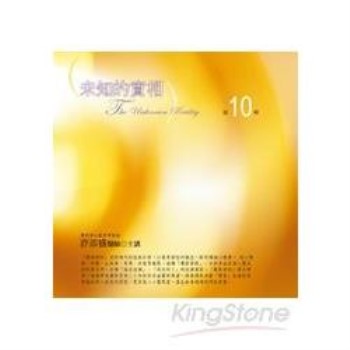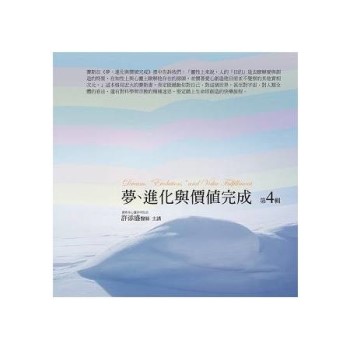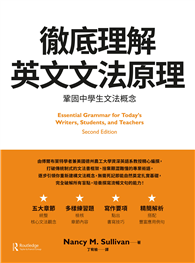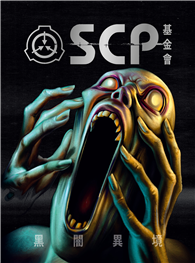This book is the first major study exploring archival and memorial practices of the Soviet unofficial culture. The creation of counter-archives was one of the most important forms of cultural resistance in the Soviet Union. Unofficial artists and poets had to reinvent the possibilities of maintaining art and literature that "did not exist". Against the background of archival theories and memory studies, the volume explores how the culture of the Soviet underground has become one of the most striking cases of scholarly and artistic (self-)archiving, which - although being half-isolated from the outer world - reflected intellectual and artistic trends characteristic of its time. The guiding question of the volume is how Soviet unofficial culture (de)constructed social memory by collecting, archiving and memorizing tabooed culture of the past and present.
| FindBook |
有 1 項符合
(Counter-)Archive: Memorial Practices of the Soviet Underground的圖書 |
 |
(Counter-)Archive: Memorial Practices of the Soviet Underground 出版社:Palgrave MacMillan 出版日期:2024-10-05 語言:英文 規格:精裝 / 普通級/ 初版 |
| 圖書館借閱 |
| 國家圖書館 | 全國圖書書目資訊網 | 國立公共資訊圖書館 | 電子書服務平台 | MetaCat 跨館整合查詢 |
| 臺北市立圖書館 | 新北市立圖書館 | 基隆市公共圖書館 | 桃園市立圖書館 | 新竹縣公共圖書館 |
| 苗栗縣立圖書館 | 臺中市立圖書館 | 彰化縣公共圖書館 | 南投縣文化局 | 雲林縣公共圖書館 |
| 嘉義縣圖書館 | 臺南市立圖書館 | 高雄市立圖書館 | 屏東縣公共圖書館 | 宜蘭縣公共圖書館 |
| 花蓮縣文化局 | 臺東縣文化處 |
|
|
內容簡介
作者簡介
Klavdia Smola is Professor and Chair of Slavic Literatures at the University of Dresden. She obtained her PhD at the University of Tübingen, was visiting professor at the Columbia University and the University of Constance. She published broadly on the Soviet underground culture, russophone minority literatures, and countercultures in Putin’s Russia.
Ilya Kukulin is Research Fellow at Amherst College. He is a cultural historian and cultural sociologist. He published numerous articles and co-edited several academic collections on the history of Soviet literature, social and cultural history of the USSR, and post-Soviet culture.
Annelie Bachmaier is Researcher and Lecturer (Post-Doc) at the Department of Slavic Studies at the University of Dresden. She received her PhD in Slavic Studies from the University of Regensburg. In her teaching and research, Annelie Bachmaier focuses on Russian and Polish as well as Yiddish literatures and cultures from the 19th to the 21st century.
|











